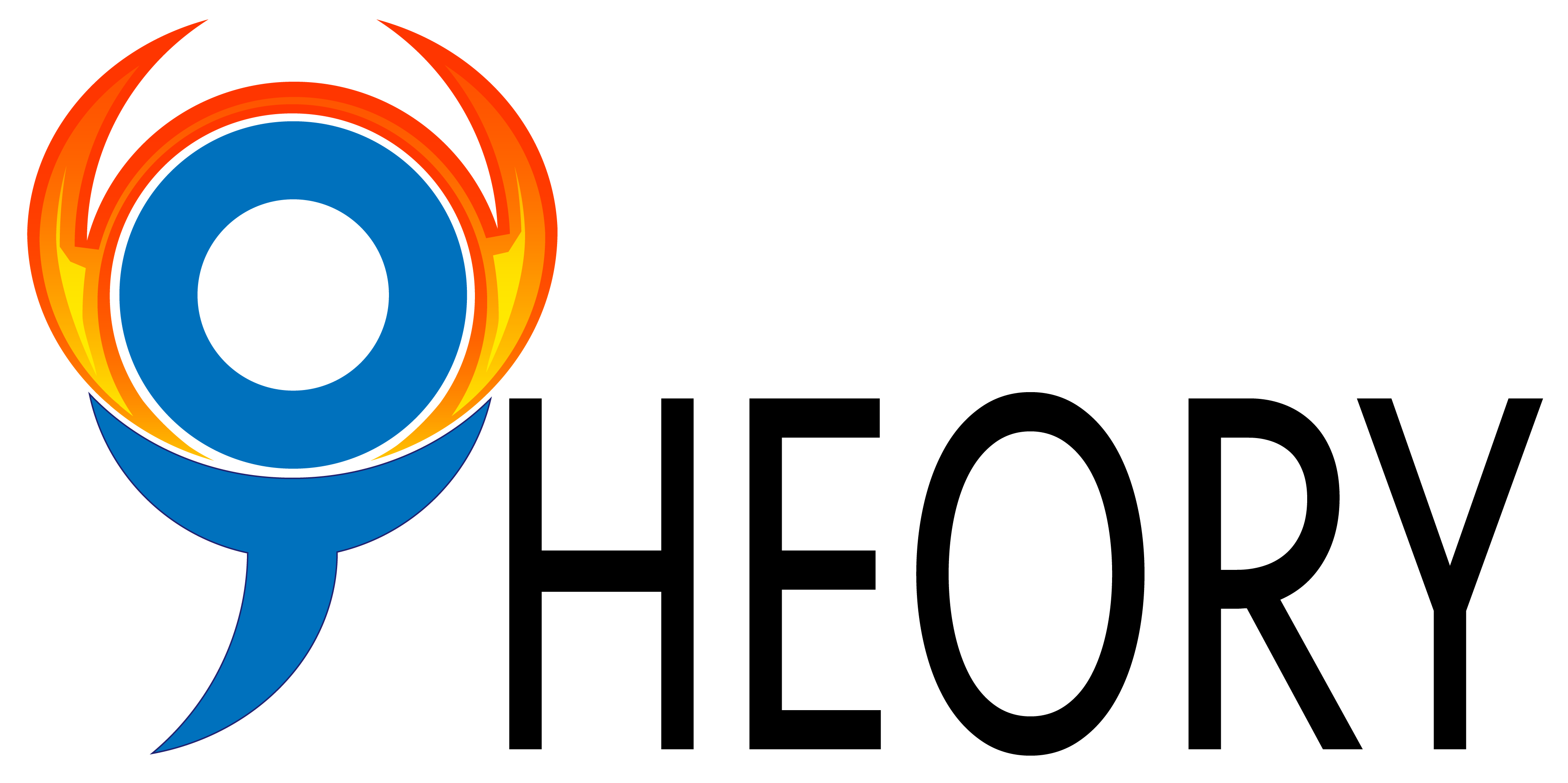The cognitive-behavioral frame of reference (FOR) emphasizes five aspects of life experience: thoughts, behaviors, emotion/mood, physiological responses, and the environment. These aspects are interrelated, meaning that changes in one factor can lead to improvement or deterioration in other(s). Each is influenced by the social and physical environments. One key theoretical component in this FOR is the hierarchical levels of cognition. Automatic thoughts is the most accessible, which are uninvited and immediate thoughts. Beliefs are conditional beliefs we hold about ourselves. Core schema are absolute beliefs that we hold about ourselves, and they represent the building blocks of thought process and are challenging to shift. Assessment is ongoing within this FOR. Assessment focuses on appraising client’s problem through interviews, questionnaires, and clinical observations. A case formulation is developed from conceptualization of a therapist’s understanding of a client’s problems, from the client’s thinking, behavior, physiological responses, emotions, and environments. This formulation is introduced to the client and the process is a collaborative effort. The cognitive-behavioral FOR is integrated in occupational therapy-focused interviews, including use of cognitive behavioral techniques, for anxiety management (e.g., deep breathing exercise), phobia (e.g., systematic desensitization), and chronic fatigue (e.g., graded activity scheduling). Other cognitive behavioral techniques include activity diaries and graded activity scheduling. This FOR can be used in conjunction with an occupation-focused conceptual model such as Model of Human Occupation, to enhance a detailed understanding of clients’ occupational performance and occupational identity needs.
Summarized by
- Macey Cho
Type
- Frame of reference
Population
- Child
- Adolescent
- Adult
- Elderly
Disability
- All
Domain of occupation
- Unspecified
Application Note
It is combined with occupational-focused conceptual model to enhance occupational therapist’s understanding of clients’ occupational performance and needs.
Key Reference
Duncan, E. A. S. (2011). The cognitive behavioural frame of reference. In E. A. S. Duncan (Ed.), Foundations for practice in occupational therapy (5th ed., pp. 153-164). Edinburgh: Churchill Livingstone.
Year Published
- 2011
Primary Developer
- Edward Duncan
Primary Developer Email
- edward.duncan@stir.ac.uk
